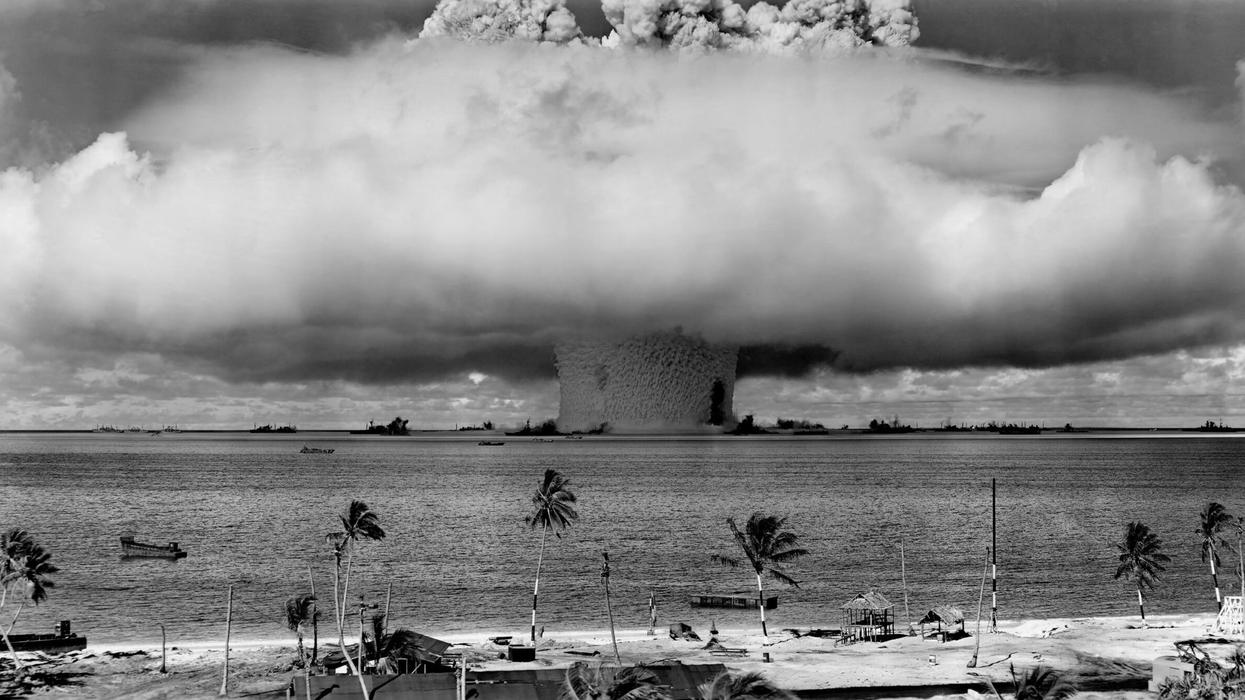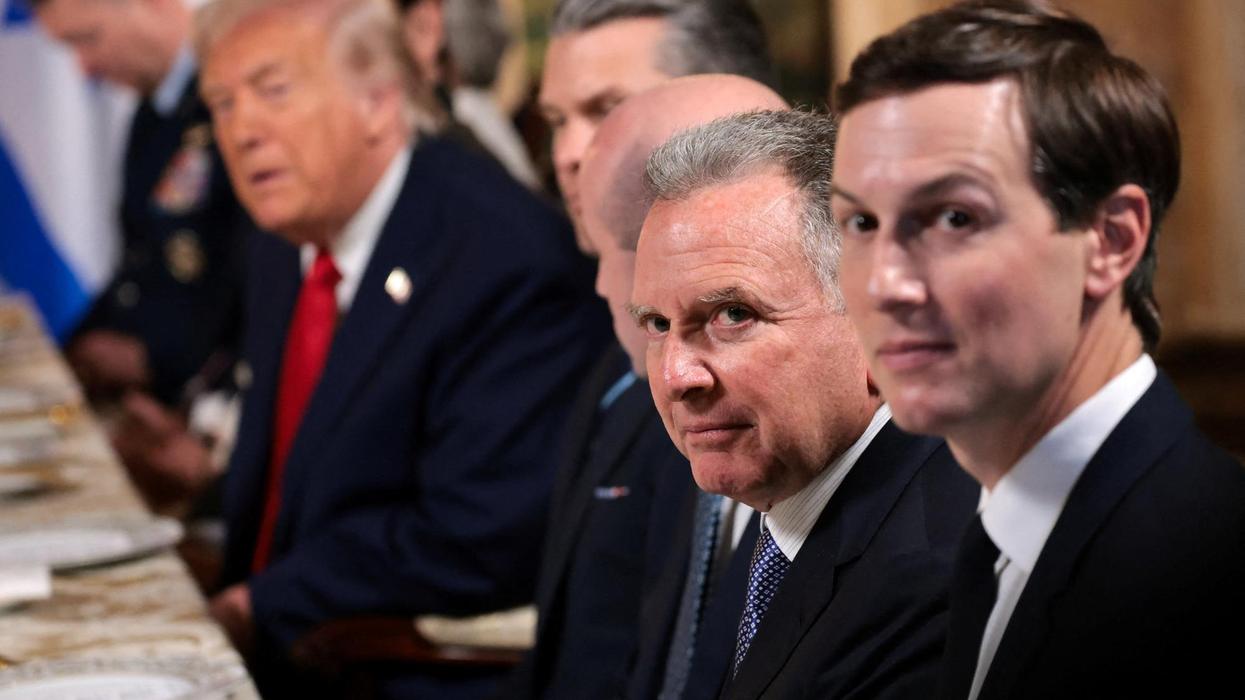Diplomats from China and India may be willing to talk to their Russian counterparts behind the scenes to tamp down the talk of nuclear war, but in the public arena appear uninterested right now in distancing themselves entirely from the Putin regime and its actions in Ukraine.
Russia voted against and effectively vetoed a resolution condemning its annexation of Ukrainian territories on Friday. China, India, Brazil and Gabon abstained.
According to the AP, if passed the resolution would have declared the annexations illegal and demanded an immediate and unconditional withdrawal of all Russia’s military forces from Ukraine.
Reports and op-eds this week suggested there was a back channeling effort afoot by American diplomats to encourage China and India to put pressure on Putin to ease up on the nuclear weapons talk and restrain the potential for their use in Ukraine. These reports seemed to be a bolstered, in part, from public comments made by both countries’ leaders and diplomats during the UN General Assembly meeting last week.
In an op-ed for the Washington Post, former chairman of the Joint Chiefs of Staff Mike Mullen, former U.S. Senator Sam Nunn, and former U.S. energy secretary Ernest J. Moniz, expressed a level of confidence that Chinese leader Xi Jinping was primed to put the necessary pressure on Putin:
Given Russia’s increasing economic and geopolitical reliance on Beijing, Putin cannot afford an irreparable rift with Xi. A public statement by Xi regarding the unacceptability of nuclear use by Russia in Ukraine would certainly have an impact on Putin. Xi could underline the point by reminding Putin of China’s continuing importance as the No. 1 destination for his energy exports, noting this would have to be reassessed if Putin were to use nuclear weapons.
This may well be true but last night’s UN Security Council vote reminds us that China and India remain unaligned at best with the West, if not slightly differential to Russia for which they both have economic and geopolitical ties that leaders are not yet willing to break. Neither have been persuaded to commit to Western sanctions on Russia.
Next week the entire UN General Assembly will be asked to vote on a similar resolution condemning the Russian annexations as illegal. It will be interesting to see whether the Global South countries that have been resistant to the West’s coalition-building against Russia will be persuaded to join now as Putin has taken the war up a giant escalatory notch.
It may also show that the U.S. and its Western allies have a lot more work to do to align the world behind its strategy, which for now is focused solely on exacting more sanctions on Russia (to the detriment of the broader global economy) and pouring more weapons into Ukraine (at the risk of world war).
















